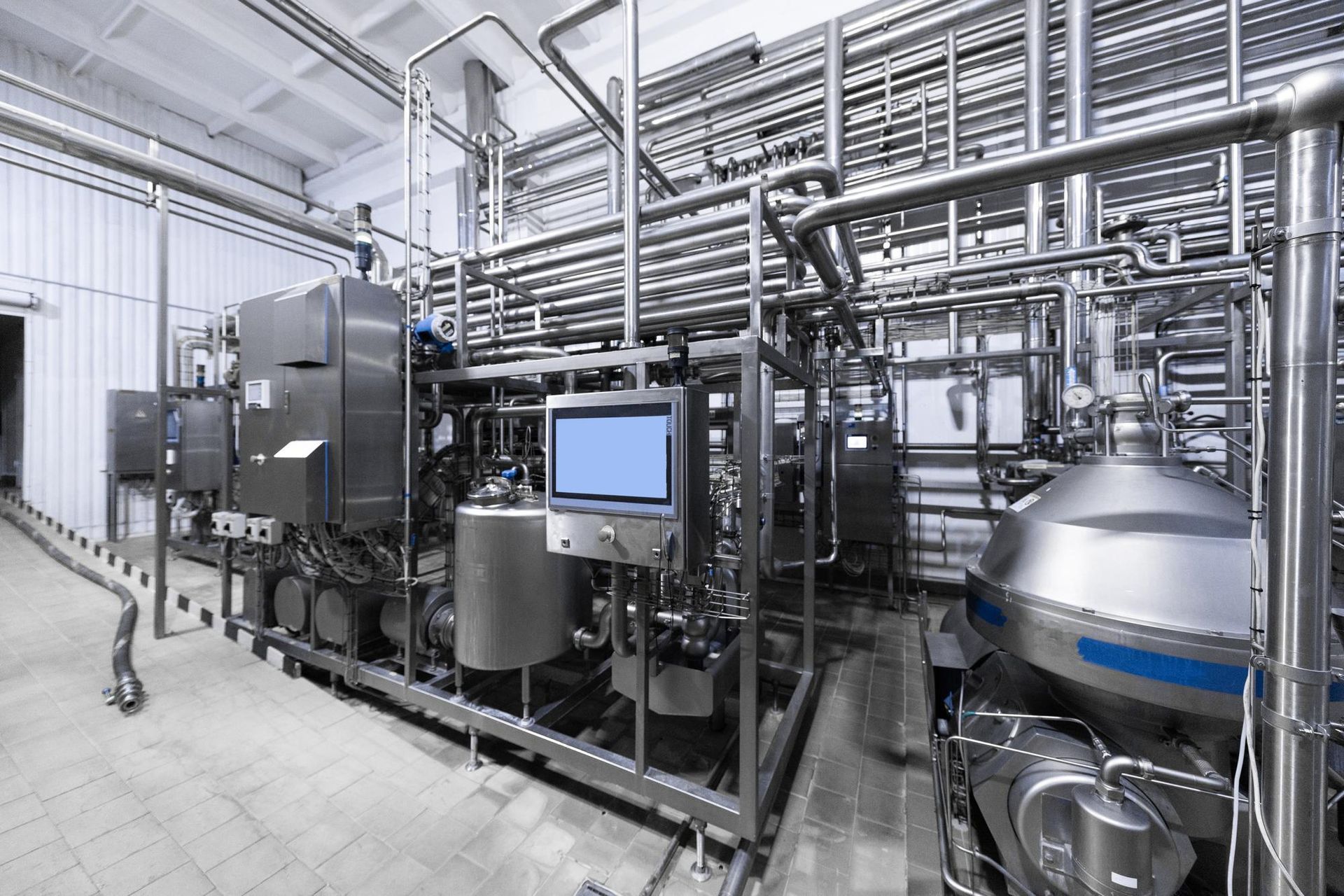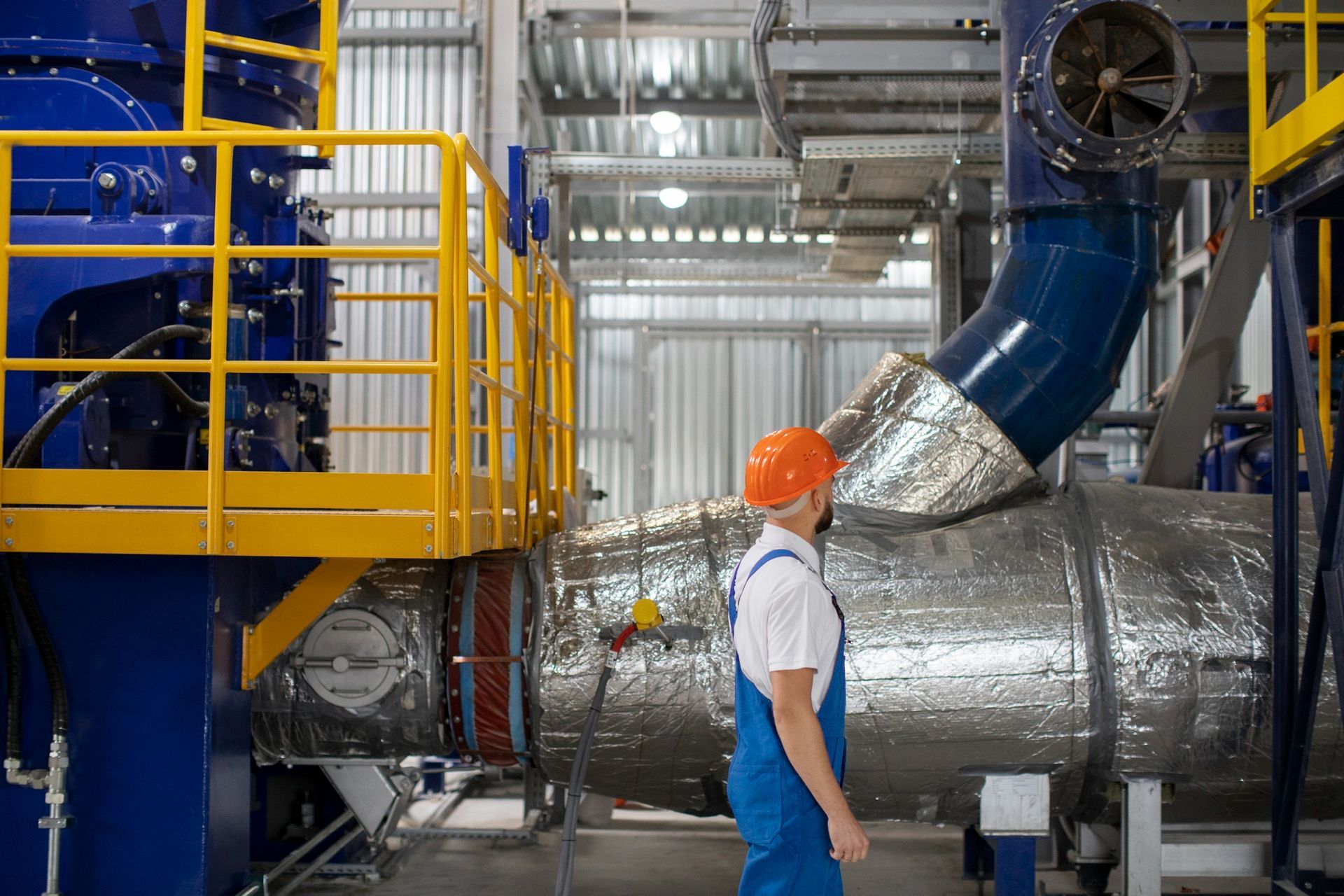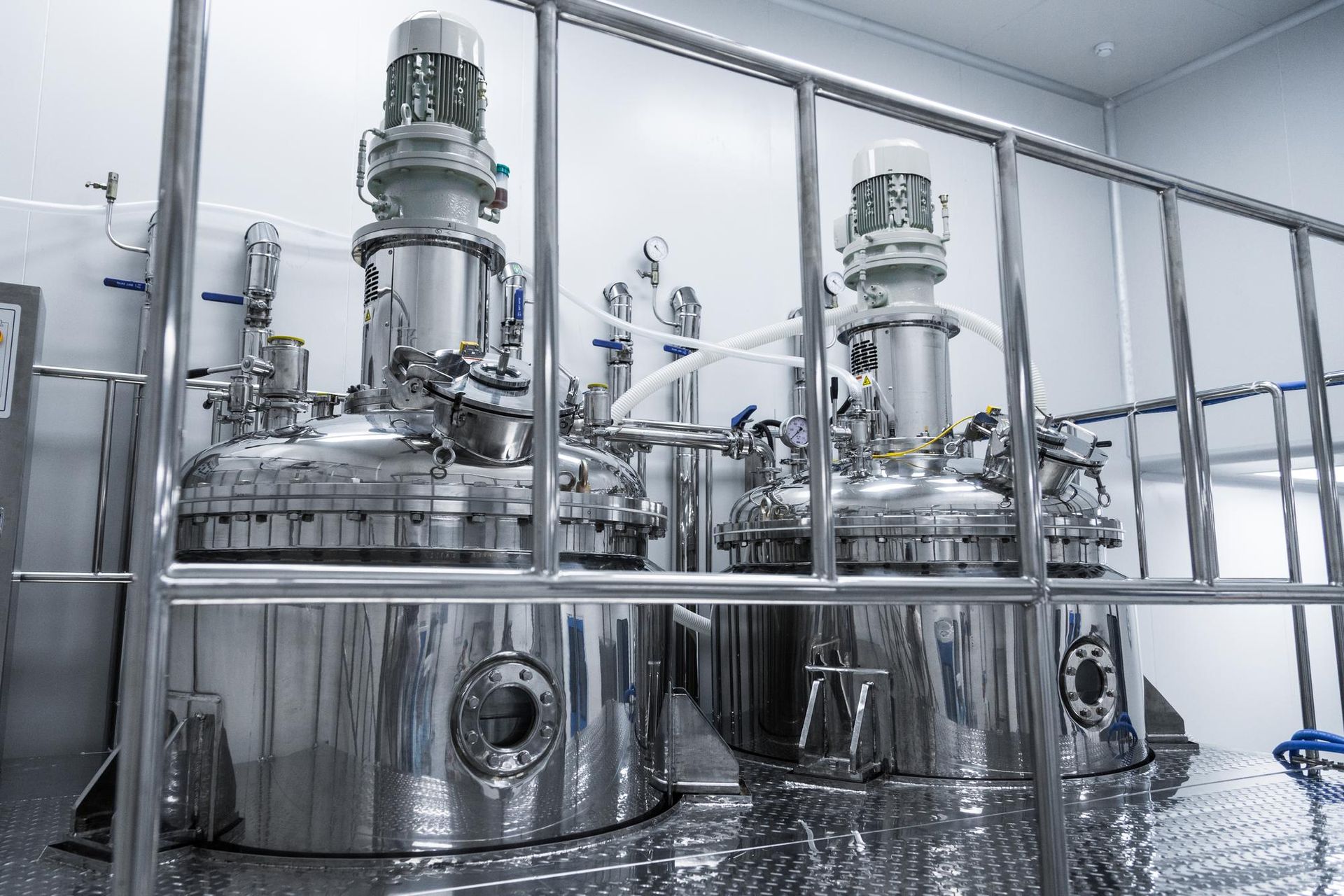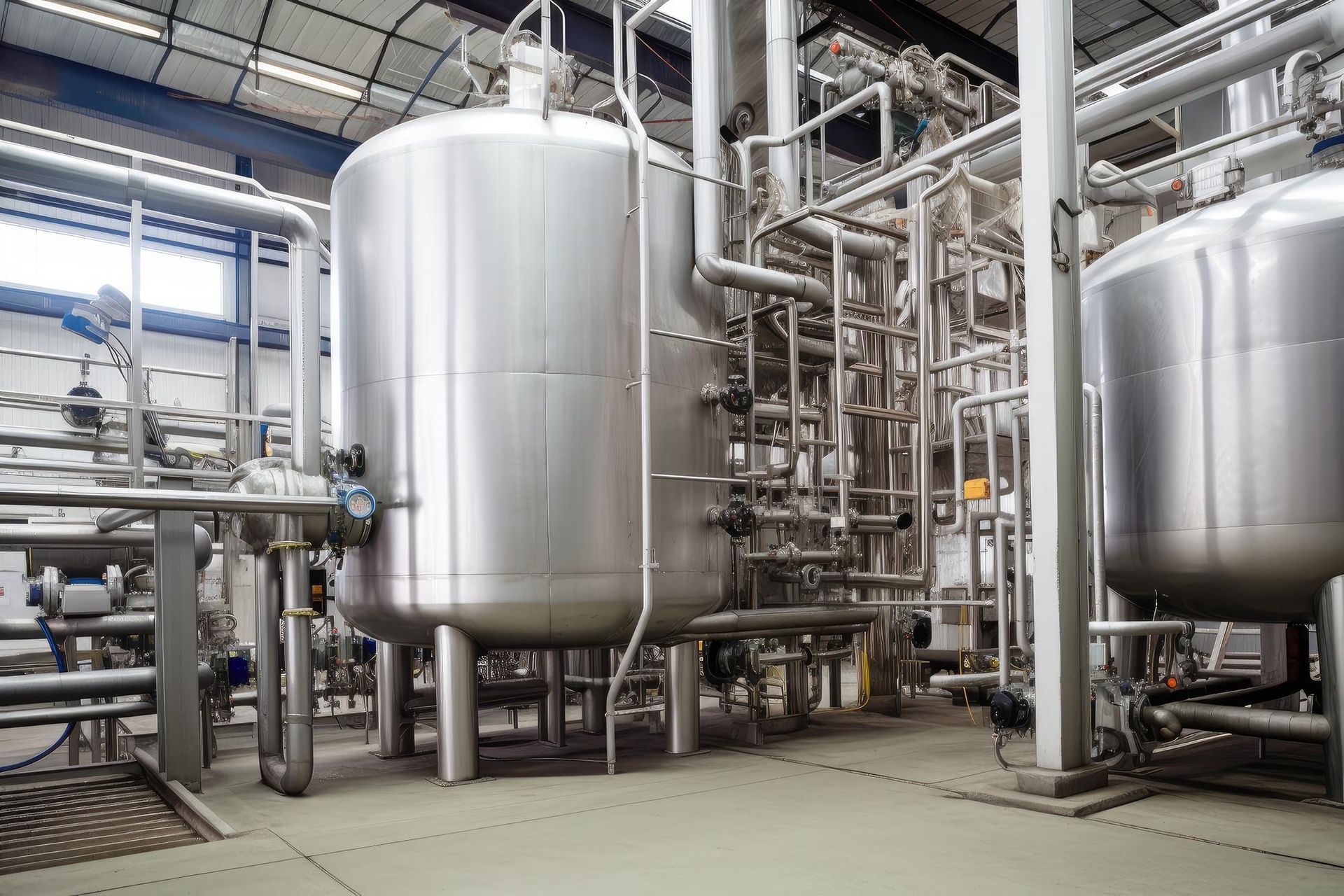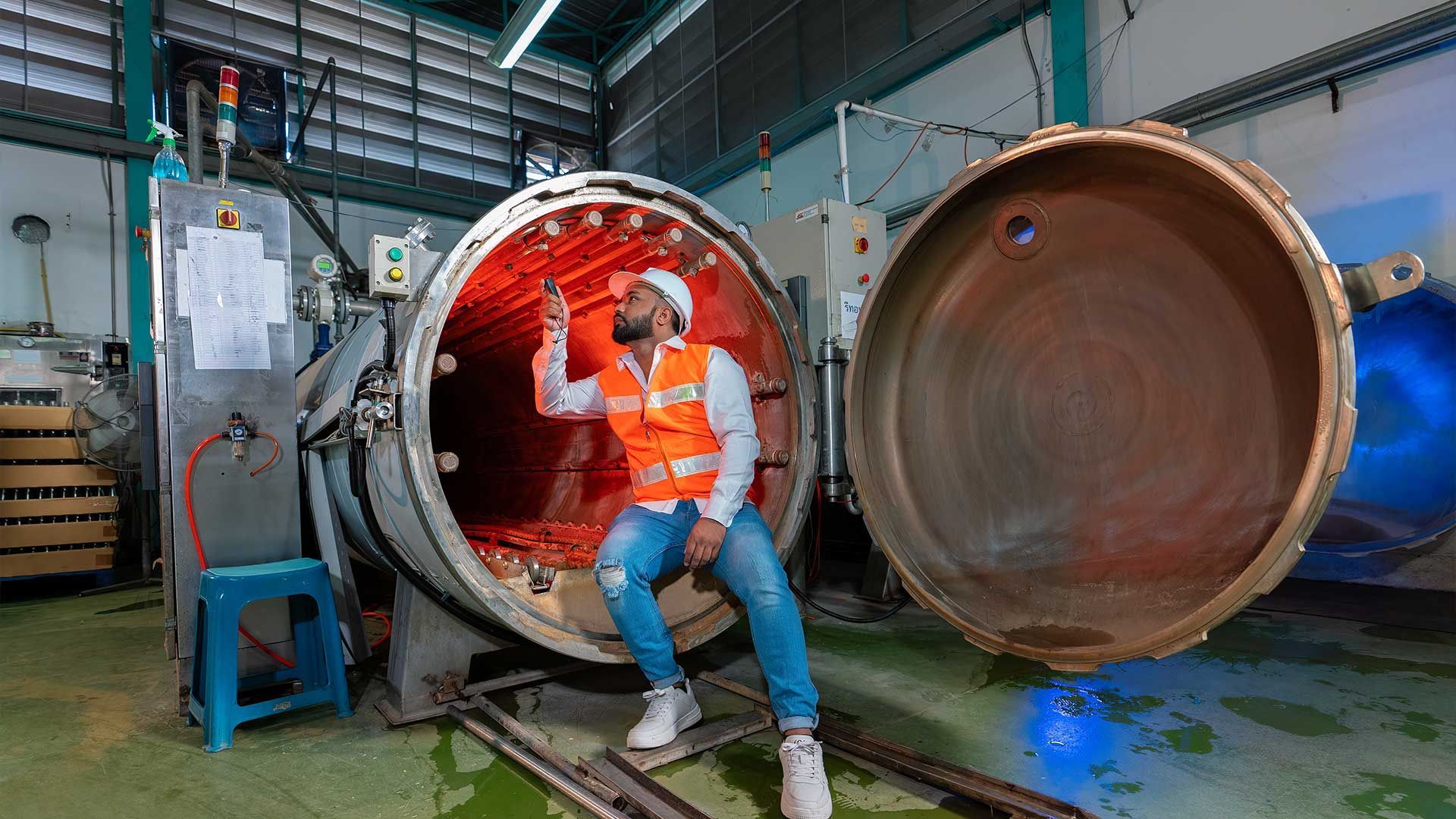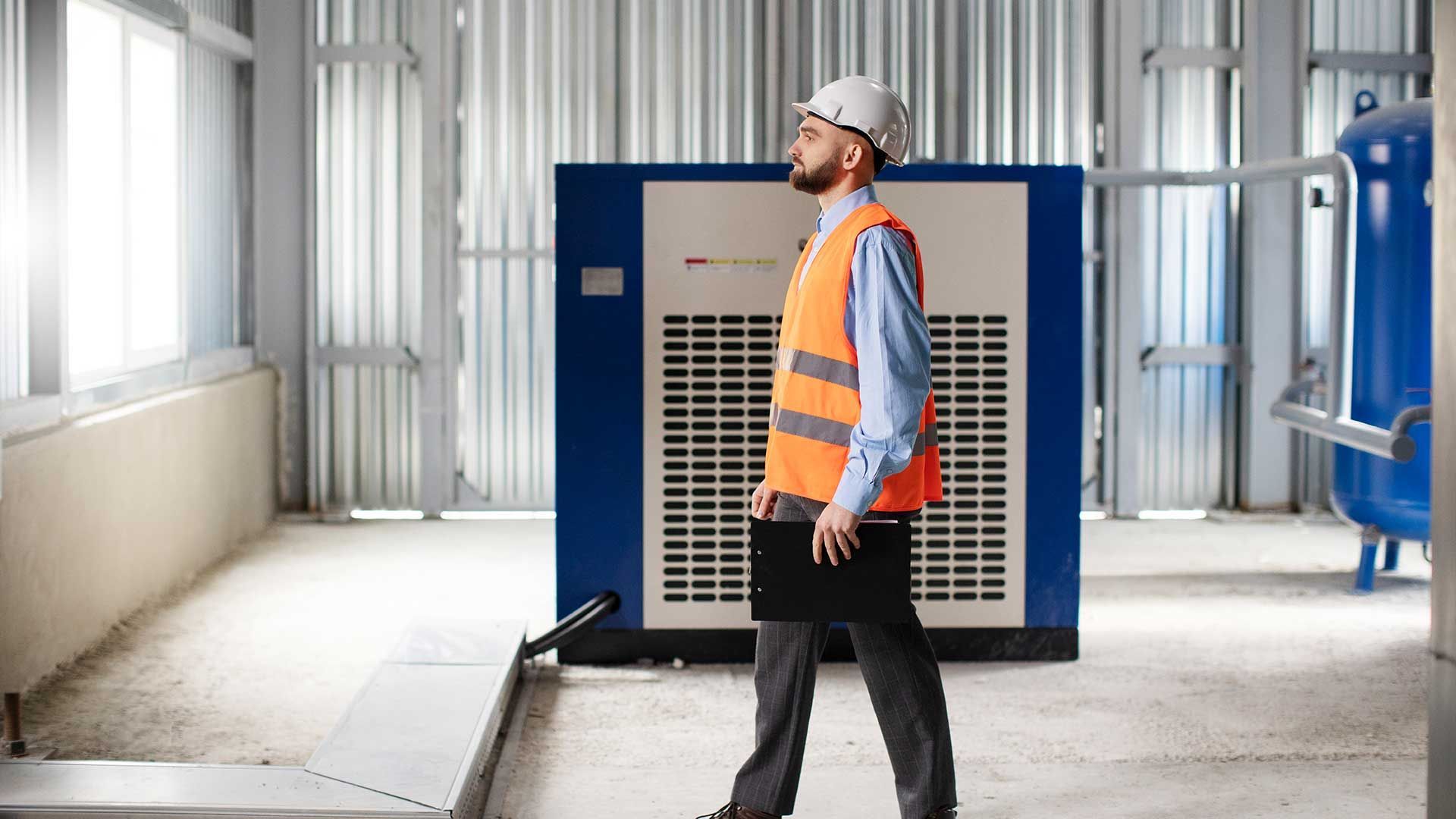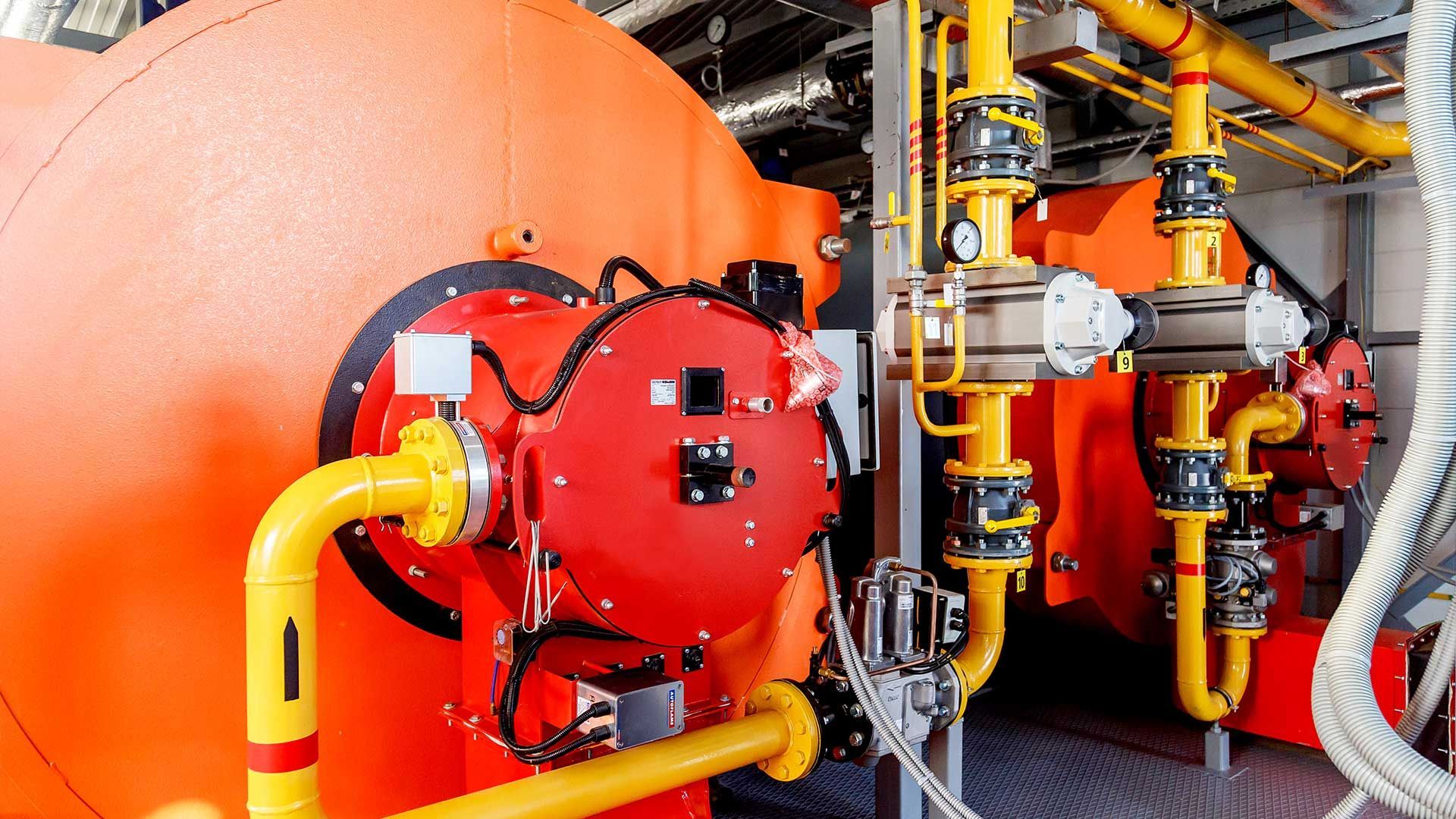EFFECTS OF HUMIDITY ON COMBUSTION
First, We Must Understand The Fundamentals:
Combustion occurs when fossil fuels, such as natural gas, fuel oil, coal or gasoline, react with oxygen in the air to produce heat. Fossil fuels are hydrocarbons, meaning they are composed primarily of carbon and hydrogen. When fossil fuels are burned, carbon dioxide (CO2) and water (H2O) are the principle chemical products, formed from the reactants carbon and hydrogen in the fuel and oxygen (O2) in the air. The combining of oxygen in the air and carbon in the fuel to form carbon dioxide and generate heat is a complex process, requiring the right mixing turbulence, sufficient activation temperature and enough time for the reactants to come into contact and combine. Unless combustion is properly controlled, high concentrations of undesirable products can form which can be influenced by the type of fuel that is being burned. A typical example of a balanced combustion process is:
CH4 + 2 O2 => CO2 + 2H2O
Reactants => Products + Heat
Humidity can have a significant impact on combustion, particularly in fuel-fired boilers, furnaces, and other combustion systems. Here are some potential effects:
- Combustion efficiency: The presence of humidity in the air can affect the combustion efficiency of a fuel-fired system. When humid air is introduced into the combustion process, it can dilute the fuel/air mixture and reduce the available oxygen, resulting in incomplete combustion, lower efficiency, and decreased performance.
- Flame stability: High humidity can also affect the stability of the combustion flame. If the humidity level is too high, the moisture in the air can interfere with the flame by absorbing heat and reducing the temperature of the combustion zone. This can result in a less stable flame and less efficient combustion.
- Emissions: Humidity can also affect the level of emissions produced by combustion systems. If the combustion process is incomplete due to high humidity, it can produce higher levels of carbon monoxide (CO), unburned hydrocarbons (UHC), and other pollutants.
- Corrosion: Like with boilers, high humidity can also contribute to corrosion in combustion systems. Moisture can condense on the interior surfaces of combustion equipment, leading to rust and other forms of corrosion.
- Maintenance: Humidity can make it more difficult to maintain boilers. For example, if the air around the boiler is very humid, it may be harder to dry out any moisture that accumulates inside the boiler during operation. This can make it more challenging to perform routine maintenance tasks, such as cleaning or inspection.
To minimize the effects of humidity on combustion, it’s important to control the humidity level in the air entering the combustion process. It’s also important to properly size and design the combustion equipment to ensure that the combustion air is properly mixed, and the fuel/air ratio is optimized for efficient combustion. If you have concerns about the effect of humidity on your boiler, it’s best to consult with a qualified boiler specialist for guidance.
REV:230419
These recommendations are provided as consideration to the safe operation and performance of industrial boiler room equipment. Boiler technologies Unlimited, LLC, shall-have no responsibility for labor or work on any nature relating to the installation or operation or use of equipment, all of which shall be performed by others.



